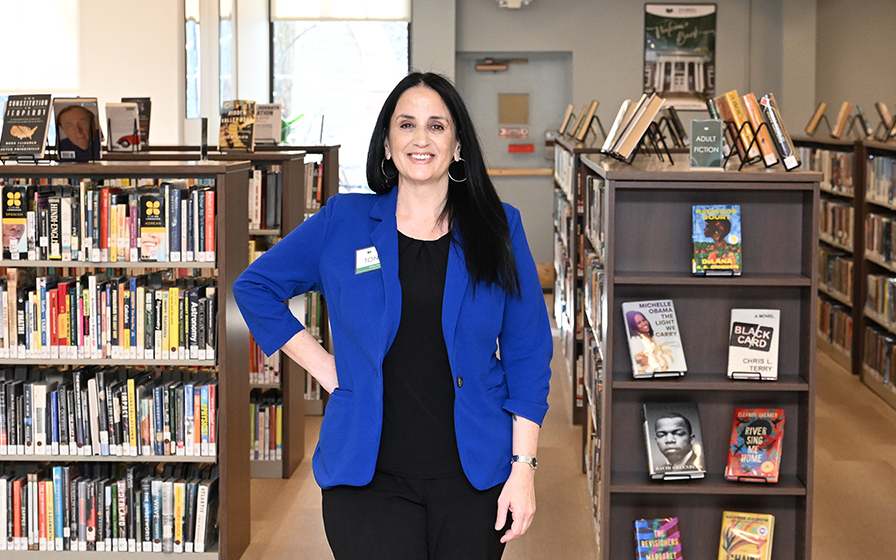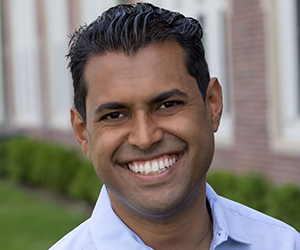Presumptive Positive Case of Covid-19 in Long Branch
March 13, 2020Schools, city hall, police provide services – from a distance
March 20, 2020The following article appeared in the March 19, 2020 print edition of The Link News. Since then some of the precautionary measures have been strengthened.
On Monday, Governor Phil Murphy signed Executive Order No. 104, implementing aggressive social distancing measures to mitigate further spread of COVID-19 in New Jersey.
Among the directives, Governor Murphy’s Executive Order indefinitely closes all public and private preschool, elementary and secondary schools, and institutions of higher education, as well as closes all casinos, racetracks, gyms, movie theaters, and performing arts centers.
The order also mandates that all non-essential retail, recreational, and entertainment businesses must cease daily operations from 8:00 p.m. to 5:00 a.m. All restaurant establishments, with or without a liquor license, are limited to offering only delivery and/or take out-services only, both during daytime hours and after 8 p.m.
“In order to slow the spread of COVID-19, we must take aggressive and direct social distancing action to curtail non-essential activities in the state,” said Governor Murphy. “Our paramount priority is to ‘flatten the curve’ of new cases, so we do not overwhelm our health care system and overload our health care professionals who are on the frontlines of the response. My Administration continues to work closely with our communities, stakeholders, union representatives, and business leaders to ensure that we all do our part to win the fight against the novel coronavirus and emerge stronger than ever.”
In order to slow the spread of COVID-19, Governor Murphy’s executive order directs:
- All gatherings of persons in the State of New Jersey shall be limited to 50 persons or fewer, with limited exceptions;
- All public, private, and parochial preschool programs, and elementary and secondary schools, including charter and renaissance schools, were closed beginning on Wednesday, March 18, 2020, and remain closed as long as the Order remains in effect;
- Institutions of higher education ceased all in-person instruction beginning on Wednesday, March 18, and shall cease such in-person instruction as long as the Order remains in effect;
- The Commissioner of Education shall continue working with each public, private, and parochial school to ensure students are able to continue their education through appropriate home instruction
- The Secretary of Agriculture and the Commissioner of Education shall take all necessary actions to ensure all students eligible for free or reduced meals will continue to receive the services necessary to meet nutritional needs during closures;
- All casinos, concert venues, nightclubs, racetracks, gyms, fitness centers and classes, movie theaters, and performing arts centers will be closed to the public beginning on Monday, March 16, at 8:00 p.m. and remain closed as long as this Order remains in effect;
- All other non-essential retail, recreational, and entertainment businesses must cease daily operations from 8:00 p.m. until 5:00 a.m.; and
- All restaurant establishments, with or without a liquor or limited brewery license, are limited to offering delivery and/or take out-services only.
“These are extraordinary times, and educators throughout the state have been taking extraordinary measures to create plans for high-quality home instruction, ensure food security for children who depend on free and reduced lunch, and provide services for all special needs students,” said Education Commissioner Lamont O. Repollet. “We understand that the closure can be a disruption for many parents, but we know nothing is more important than the safety of the 1.4 million children we serve.”
“We understand this is an unprecedented situation, and we are asking institutions to be extra vigilant in protecting the health and safety of their students, faculty, staff and the entire campus community. As institutions move to remote instruction, we urge them to ensure there are appropriate accommodations in place for students with disabilities, those who may not have access to internet services, and students who call their campus community home,” said Dr. Zakiya Smith Ellis, Secretary of Higher Education. “We continue collaborating with institutions to address concerns.”




